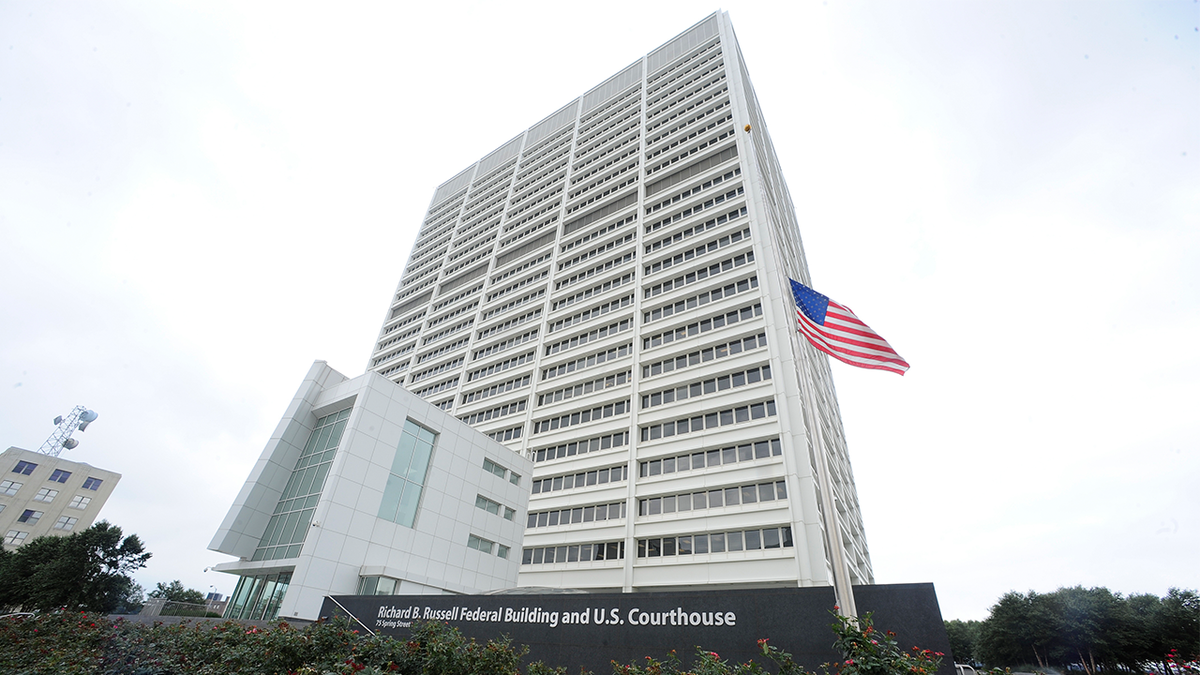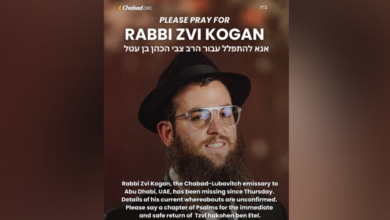Judge temporarily blocks Georgia law that prohibits people, groups from posting more than three bonds a year
A federal judge temporarily blocked part of a Georgia law on Friday that only allows people or organizations to post bonds three times a year if they do not meet the criteria for bail bond companies.
U.S. District Judge Victoria Marie Calvert blocked part of Senate Bill 63 for 14 days before it could take effect on July 1, according to The Associated Press. The judge told lawyers to offer arguments on whether it should be stayed until a lawsuit over the legislation is resolved.
The blocked section limits people and organizations from posting more than three cash bonds in a year unless they meet requirements for bail bond companies, which includes passing background checks, paying fees, holding a business license, securing the local sheriff’s approval and establishing a cash escrow account or other form of collateral.
Calvert is allowing other parts of the law to take effect, including requiring cash bail before people who are charged with certain crimes can be released from pretrial detention. The list of 30 crimes includes 18 that are always or often misdemeanors, including failure to appear in court for a traffic citation.
JUDGE ARRESTED AT ATLANTA NIGHTCLUB REMOVED FROM OFFICE FOR ‘JUDICIAL MISCONDUCT’

The American Civil Liberties Union of Georgia and the Institute for Constitutional Advocacy and Protection at Georgetown University Law Center filed the lawsuit last week on behalf of Barred Business Foundation, an Atlanta-based nonprofit that facilitates campaigns to pay cash bail, and two Athens residents who run a charitable bail fund in association with their church.
The lawsuit alleges that the law’s restriction on bail funds are unconstitutional and requests that the judge block it.
The legislation “imposes what are arguably the most severe restrictions on charitable bail funds in the nation,” the lawsuit argues, adding that the limit on charitable bail funds is “incredibly burdensome — perhaps insurmountable — and is both irrational and arbitrary.”
According to the lawsuit, the restrictions “will effectively eliminate charitable bail funds in Georgia.”
The Bail Project, a national nonprofit that helps thousands of low-income people post bonds, announced earlier this month it was forced to close its Atlanta branch in response to the law.
“We are encouraged by the judge’s ruling and its recognition that this law is unnecessary, harmful, and likely unconstitutional,” ACLU of Georgia legal director Cory Isaacson said in a statement. “We are relieved for our plaintiffs and the many people across the state that they serve. It’s unconscionable that people doing charitable bail work would face criminal penalties simply because they are helping people who are languishing in jail because of their poverty and have no other means of relief.”
The state argued in a brief filed Thursday that the law does not violate the plaintiffs’ rights of free speech and association because it would only restrict conduct that does not involve speech, saying that the plaintiffs may still criticize Georgia’s cash bail system, and that paying bail does not inherently send any message.
GEORGIA DAD FREED AFTER HOT CAR SEAT DEATH OF SON PUT HIM IN PRISON FOR MURDER

Supporters of the measure say that well-meaning groups should not have an issue with following the same rules that bail bond companies must adhere to.
The law comes amid Republican efforts to restrict community bail funds after they were used to post bonds for demonstrators arrested in 2020 protests against racial injustice and, subsequently, for demonstrators protesting against the construction of an Atlanta public safety training center, which has been dubbed “Cop City” by its opponents.
State prosecutors have said that some “Stop Cop City” protesters had the Atlanta Solidarity Fund’s phone number written on their bodies, which they pointed to as evidence that the protesters planned to participate in illegal activity.
Last year, three of the bail fund’s leaders were charged with charity fraud. They are among 61 people indicted on racketeering charges.
The Associated Press contributed to this report.
Read the full article here






